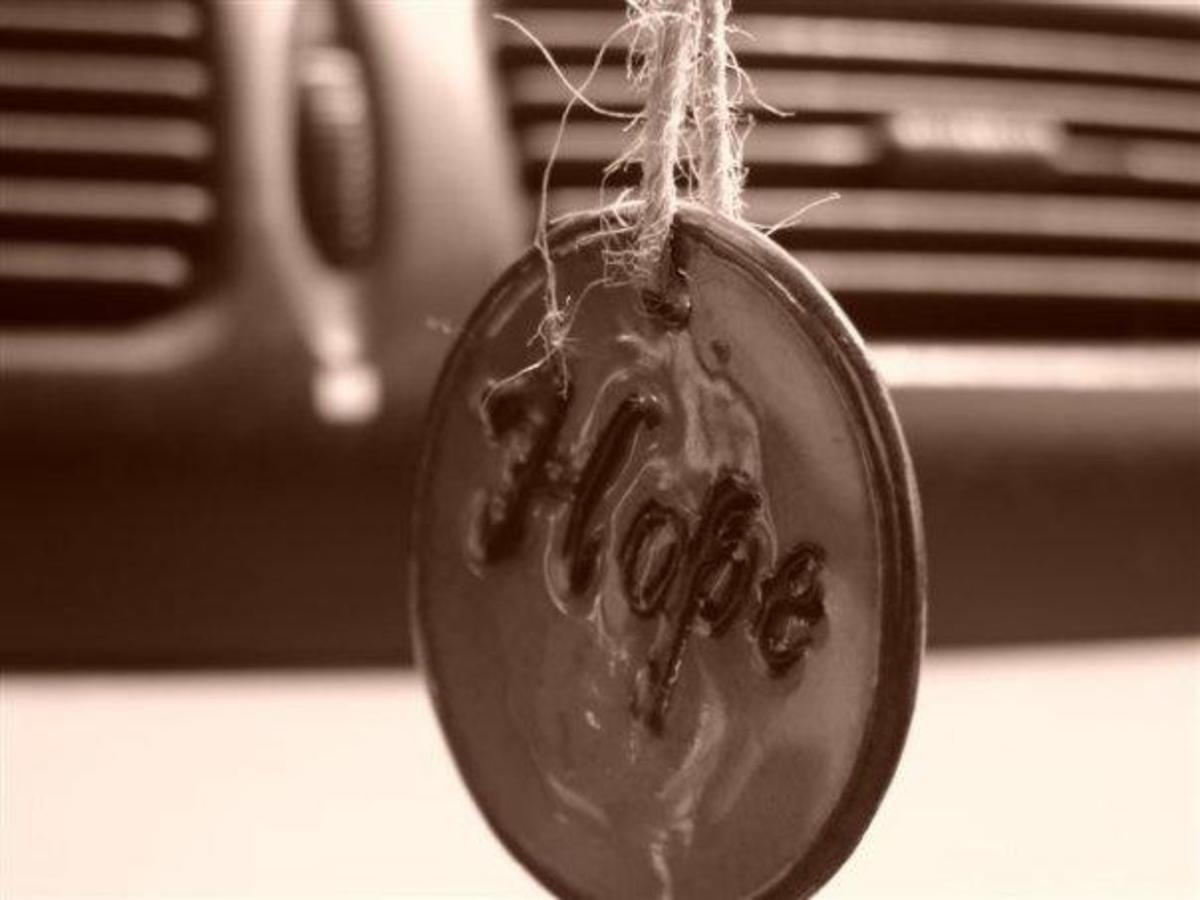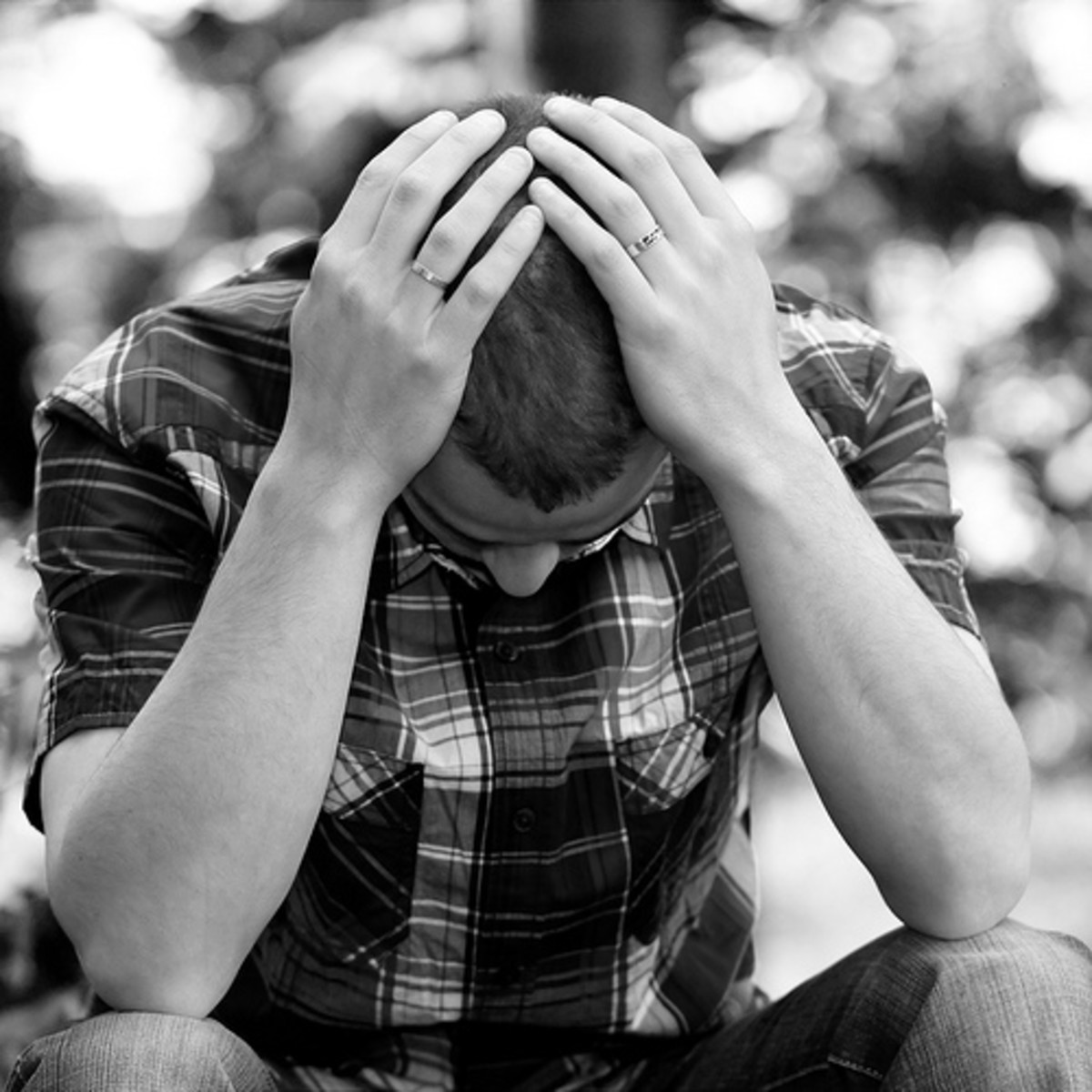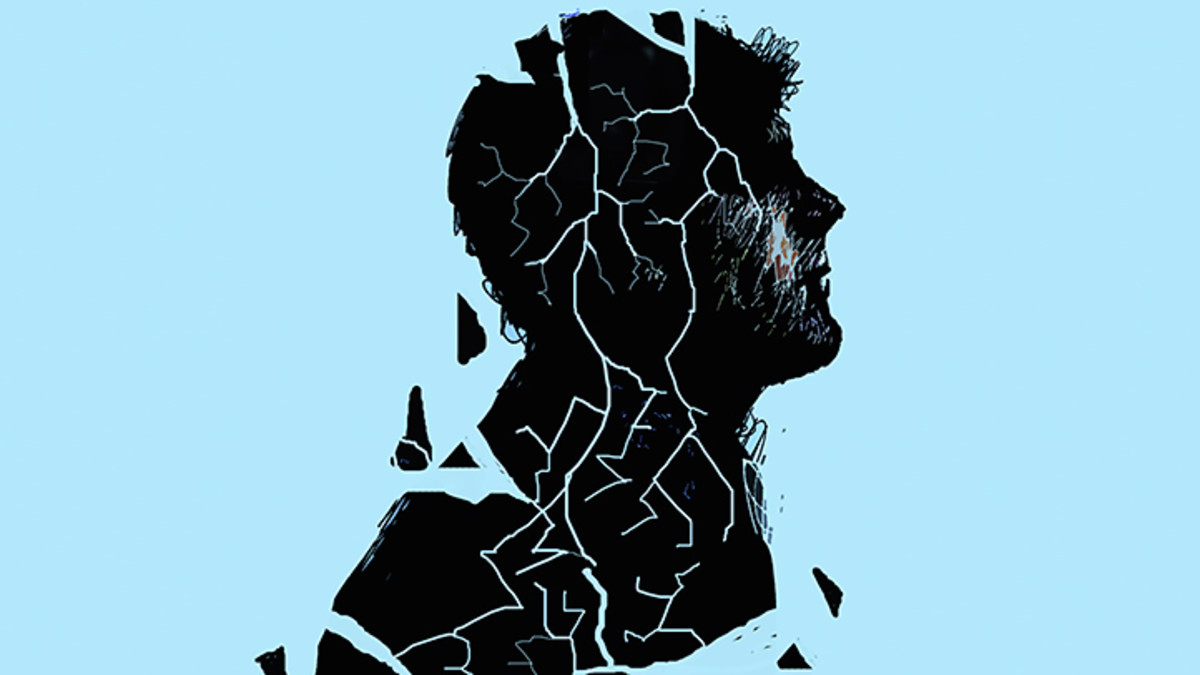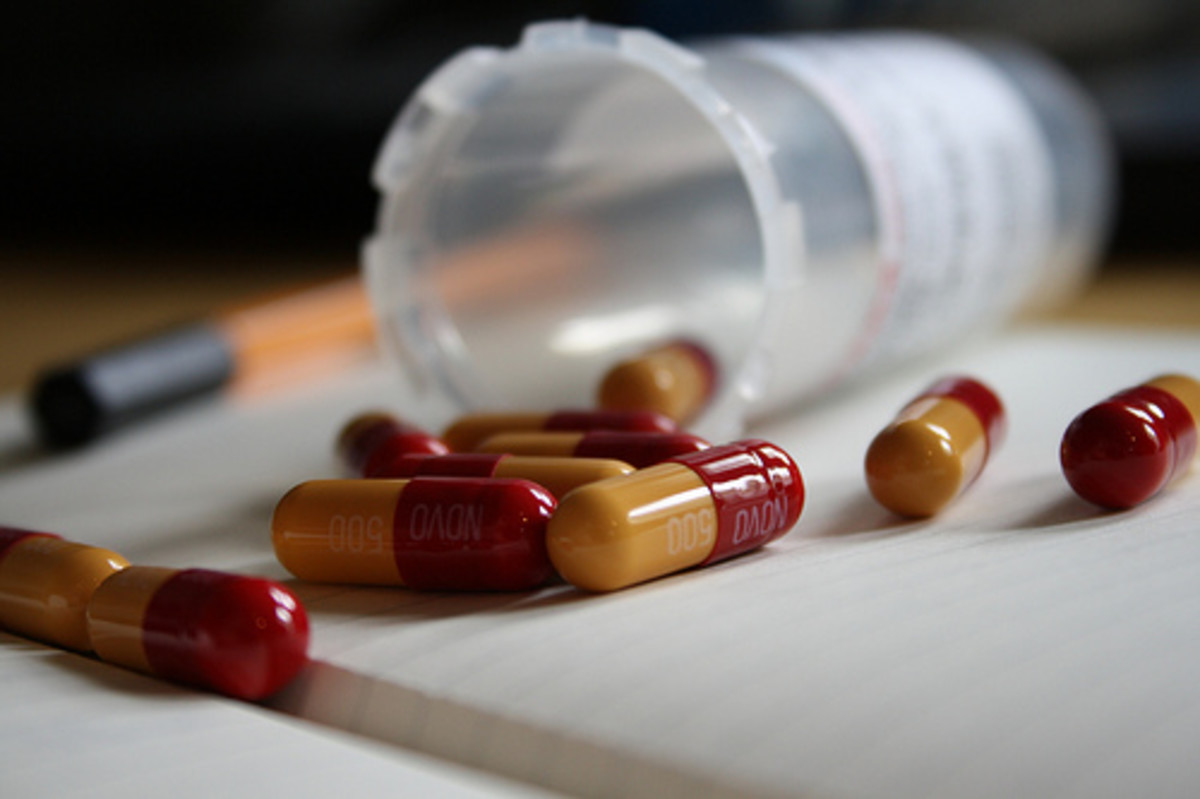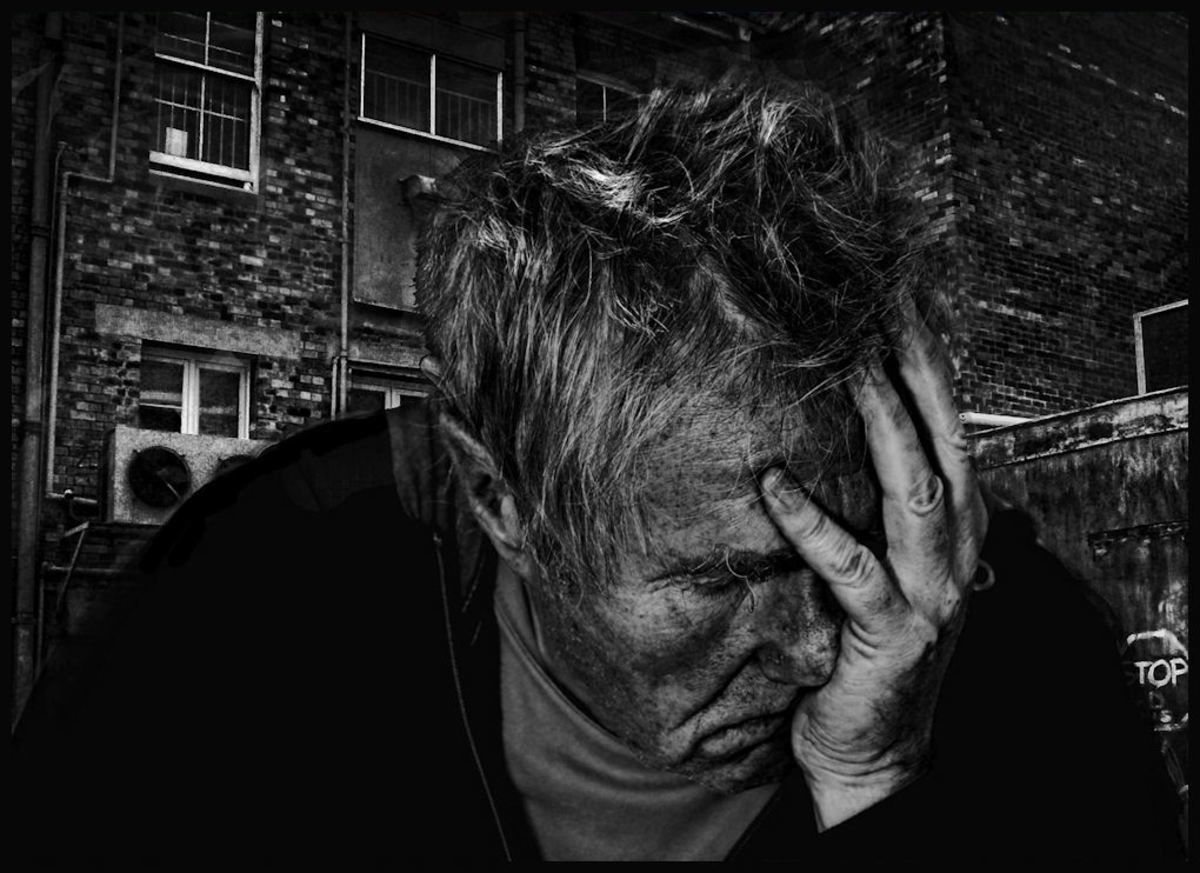- HubPages»
- Health»
- Mental Health»
- Clinical Depression
You Will Survive Postpartum Depression
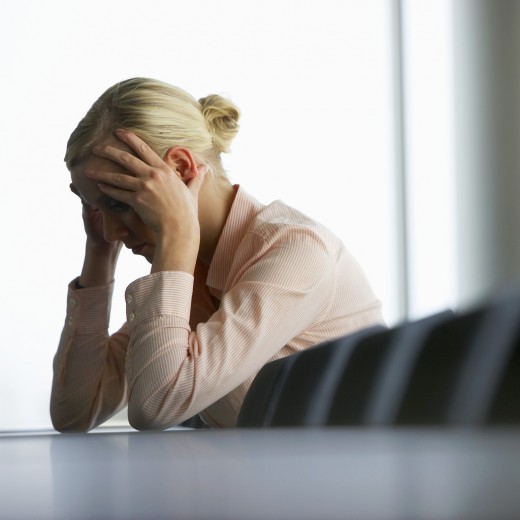
In the 29 years since I first suffered postpartum depression (PPD), the treatment remains pretty much the same; counseling and medication. Some studies point to hormone therapy and omega 3 fatty acids, but truly there is no quick fix or miraculous cure for this illness that can come on fast and stay for months even a few years.
Such was my case even with medication and counseling, it was two long years before I felt myself again.
The grassroots postpartum awareness movement is only about 25 years old and one might surmise that we are a tad behind in research and treatment options compared to other more tangible illnesses.
That said, treatment options are still limited, so this practical little guide may help moms suffering PPD find some sort of relief. Why? Because we all want to feel like we are taking an active part in recovery from any illness.
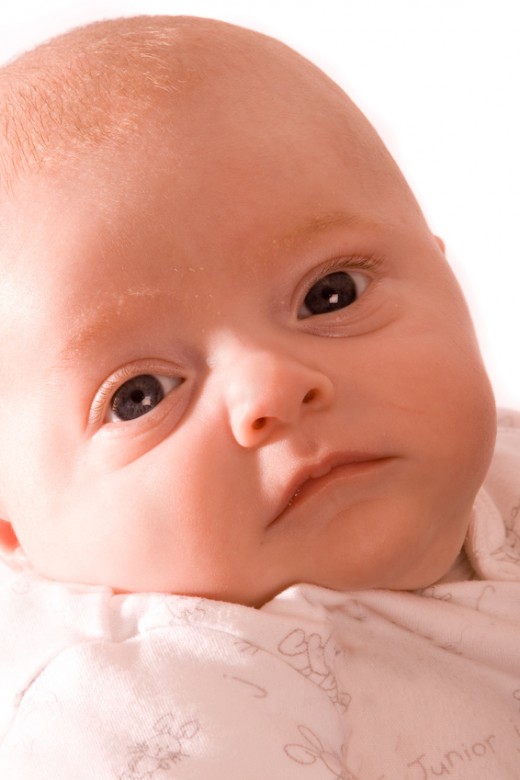
1. Allow Yourself to Get Well
As a two-time sufferer of PPD, I spent a great deal of time trying to figure out what caused the illness and what I had done to perpetuate it. Unfortunately, those around me at the time, my church and counselors, also promoted this theory. Thus I completed 7 steps to healing, 10 steps to freedom, numerous workbooks on emotional health and other undertakings which included delving into my past and confronting all my inner demons. This coupled with various other self-help projects were designed to "fix" whatever it was that was "wrong" in me.
After the health professionals ran blood tests and CAT scans and searched for a medical reason to my despondence, it appeared all answers were exhausted. I continued to struggle through my days in a living hell attempting to care for my baby and my other children. To say I wished death is putting it lightly, but even in that I had no choice. I loved my children and I just wanted to be well.
Dr. Margarita Tartakovsky in 5 Damaging Myths About Postpartum Depression says, "Women often blame themselves for having PPD and experience guilt over their symptoms because they’re not basking in some magical bliss of motherhood. But remember that PPD isn’t something you choose. It’s a serious illness that can’t just be willed away."
The sooner you and your supporters realize this, the quicker you will find healing. I spent months attempting to figure out the cause to my suffering and everyone around me jumped right on board. One day, a dear friend noticed how despondent my normally bubbly self was and asked what was wrong. After hearing my story, she said, "Stop trying to figure out why this has happened and rest and allow yourself to get well." This single sentence took months of pressure off my shoulders and I began to stop striving for answers, accepted the illness and started resting towards wellness.
Sometimes we just need permission to get well and someone to say, "This is NOT your fault."
Have you suffered from post-partum depression?
2. Find Out What Brings Relief
There were few things that brought relief to me while I was suffering from severe PPD, but I did find a couple of tricks that helped soothe me.
The first was a hot shower. When I was in the shower, for some reason, I found relief. Water has always had healing properties for me.
The famous poet, Rainer Maria Rilke said, "When anxious, uneasy and bad thoughts come, I go to the sea, and the sea drowns them out with its great wide sounds, cleanses me with its noise, and imposes a rhythm upon everything in me that is bewildered and confused."
If you can't get to the beach, soak in the tub, let the water wash, cleanse and sooth you.
Secondly, I wanted to be around people. Being alone was frightening. I had a good friend who would sit with me, plan movies nights for the children and help me make dinner. Maybe being around people makes you nervous - either way, find out what brings the most relief and pursue it.
Thirdly, I wanted human touch. My husband at the time always fell asleep with his arms wrapped around. I wanted to be cocooned and feel secure. We didn't normally sleep this way, but I found it gave me comfort.
Finally, comforting music soothed my weary soul. King Saul from the Bible was a tormented soul. Scripture tells us that David the shepherd boy would take, "a harp and play with his hand; so Saul was refreshed and was better..." I found instrumental and inspiration music helpful - music with a hopeful message. I remember driving down the street one day and "I Can See Clearly Now" came on the radio. It became my theme song.
Again, maybe these don't work for you, but find what brings relief, even a little, and incorporate it into your life as much as possible while you heal.
3. Avoid What or Who Does Not Help
When you're ill, everyone has suggestions. Do this! Do that! A mom's head can be spinning as she doesn't know which way to turn. Take a yoga class, take your vitamins, drink this protein concoction are all good pieces of advice, but if drinking the protein concoction makes you sick, don't do it. Taking a yoga class is great advice, but if taking a class where you are away from your baby sends you into a panic, then don't do it. These are just hypothetical ideas, but you get my drift.
Also avoid people who don't help. Some people thrive on negativity. Some are ignorant of emotional health issues. Some are just not good for you while you heal. If someone is dragging you down and causing you anxiety, politely bow out of the relationship if you can. Send your husband or partner to do the dirty work if you must. I remember telling one friend, I can't be in this relationship with you anymore. Her issues were too great and attempting to hold myself up while she was dumping on me was sinking my ship. I knew I had done the right thing in getting rid of this relationship when my kids said, "You mean you broke up with her?" They were relieved when mom's clingy friend no longer took attention away from them - they actually saw it as a breakup which was very telling.
It's okay to avoid what or who doesn't help. This is about you and your family and getting well. Not about anyone else, their solutions and their opinions.
Symptoms of Post-Partum Depression
- Are you feeling sad or depressed?
- Do you feel more irritable or angry with those around you?
- Are you having difficulty bonding with your baby?
- Do you feel anxious or panicky?
- Are you having problems with eating or sleeping?
- Are you having upsetting thoughts that you can’t get out of your mind?
- Do you feel as if you are “out of control” or “going crazy”?
- Do you feel like you never should have become a mother?
- Are you worried that you might hurt your baby or yourself?
4. Surround Yourself With Hope
Surrounding yourself with hope includes people, messages, everything that touches your everyday life. During my illness, I stopped watching the news. I would not watch any TV with negative messages. I had a great deal of difficulty reading due to concentration issues, but I found a little daily devotional booklet filled with hope and would read a page every day.
I basically weeded out of my life any negative influences and I surrounded myself with hope. My husband and friends would remind me on a regular basis that I would get well and I would heal.
I found a few moms who were survivors and they were the greatest influence for me reminding me that they had walked in my shoes and made it through and I would as well. These messages held great strength for me.
I would also use this little trick. A pathfinder is a person who goes ahead and discovers or shows others a path or way. In military terms it is an aircraft or its pilot sent ahead to locate and mark a target area. I would send out pathfinder thoughts where I would think ahead, locate an area in my life and then mark it saying, I will be there next week, in a month or two months and so on. It was an exercise in knowing I would survive. Considering the future is crucial in maintaining hope.
If I had a bad day, I would try to remind myself that it was three steps forward, but only two back and not let it deter my goal of getting better.
In Conclusion
Getting well from PPD is a journey. It is different for everyone. Be patient and kind to yourself. See your doctors and find who and what else in life can help you through.
I got through and I know you will too! Godspeed.
More on PPD:
http://carlajbehr.hubpages.com/hub/Post-partum-Depression-Letting-go-of-the-Shame

